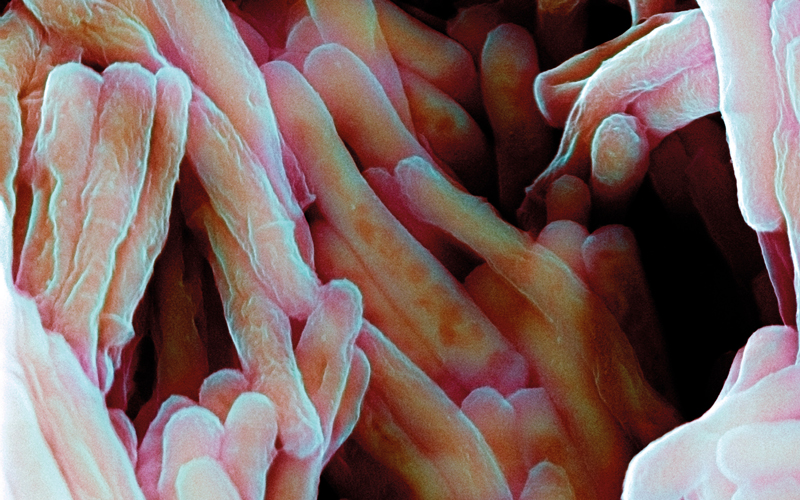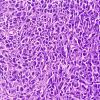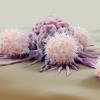A new study found that a single dose of Bacillus Calmette-Guérin (BCG), the vaccine for tuberculosis (TB), reduced liver tumour burden and extended the survival of mice with liver cancer.

The UC Davis Health study is the first to show the promising effects of the vaccine in treating liver cancer.
Hepatocellular carcinoma (HCC) is the most common type of liver cancer and the third leading cause of cancer-related deaths worldwide.
Current therapies include surgery, radiotherapy, chemotherapy, immunotherapy and liver transplant. Yet, the therapy outcomes for liver cancer remain bleak.
BCG, the century-old TB vaccine, is derived from the live bacterium Mycobacterium bovis. It is considered safe and widely used around the world.
The new study, led by Distinguished Professor Yu-Jui Yvonne Wan, showed that one dose of BCG delivered under the skin reduced tissue scarring (fibrosis), improved liver function, lowered liver lipid levels, and led to tumour shrinkage.
“HCC is very difficult to treat. This cancer is considered a cold tumour that does not respond well to immunotherapy,” said Wan, the study’s senior author. “We had a good reason to believe that the BCG vaccine could stimulate an immune response. So, we gave a dose of BCG to mice with liver cancer, and to our surprise, it was enough to activate the body’s immune system and reduce tumour load.”
Image Credit | Science Photo Library




